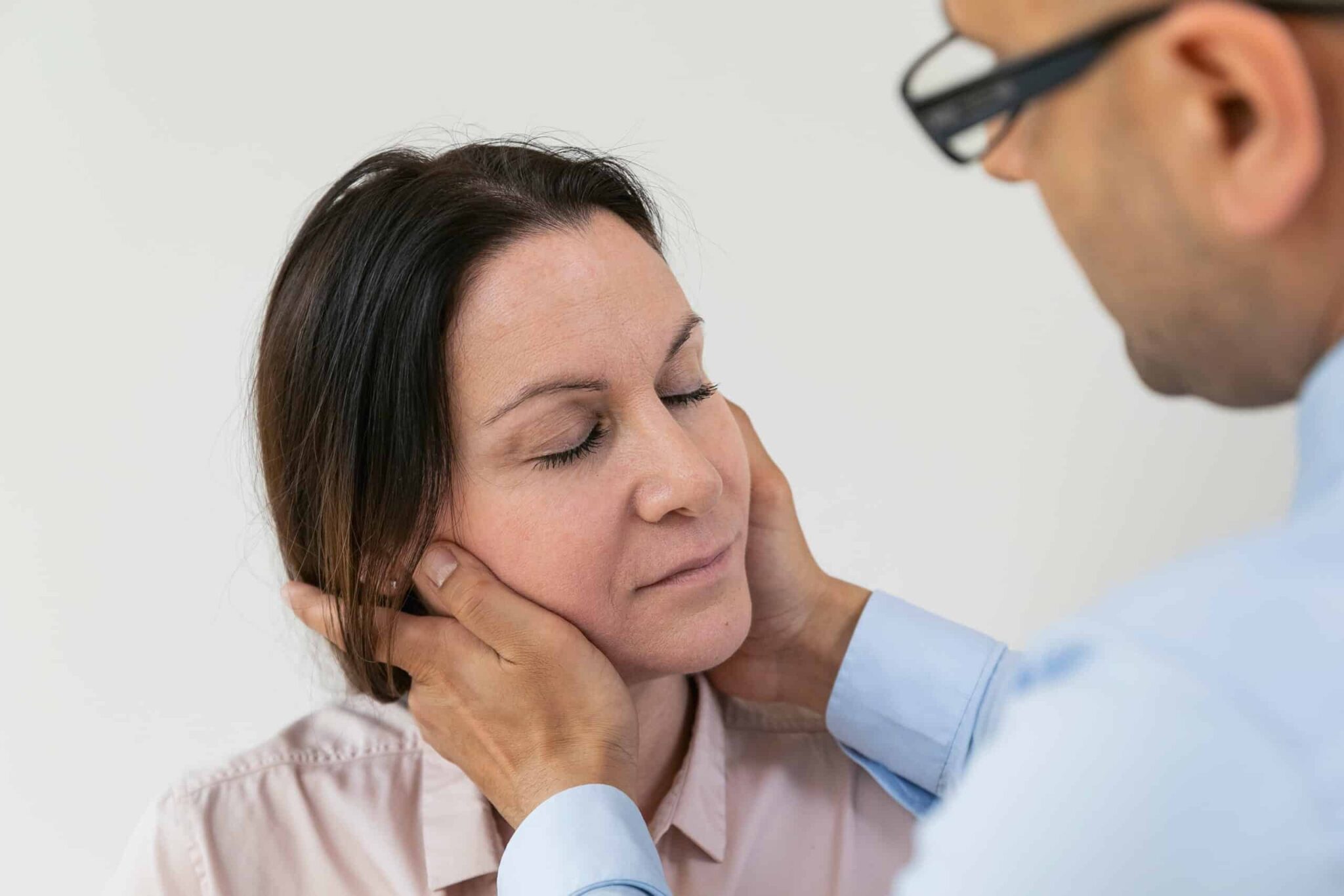What are the different hormones called – and what do they do?
Hormones act as chemical messengers that coordinate various functions in the body by sending signals through the blood to various organs and tissues (Source: Sundhed.dk).
Here is a list of some key hormones and their functions:
- Insulin: Produced in the beta cells of the pancreas and regulates blood sugar by helping the cells absorb glucose.
- Thyroid hormones (T3 and T4): Produced in the thyroid gland and regulate metabolism, affecting many body functions including weight and energy levels.
- Adrenaline and noradrenaline: Secreted by the adrenal glands and prepares the body for stress (“fight or flight” response).
- Cortisol: Produced in the outermost layer of the adrenal glands. It is a stress hormone that helps regulate metabolism and the immune system.
- Estrogen and progesterone: Female sex hormones that control the reproductive cycle and development.
- Testosterone: Male sex hormone that regulates the development of male characteristics and reproductive function.
- Growth hormone: Secreted from the pituitary gland and stimulates growth and cell division.
- Melatonin: Secreted from the pineal gland (Latin: corpus pineale) in the brain. The sleep hormone regulates the circadian cycle and sleep in general.
Let’s take a closer look at some of the specific hormones and the related physiological aspects.
Hormones and metabolism
Metabolism is primarily regulated by thyroid hormones (T3 and T4), which are produced by the thyroid gland. These hormones control how the body uses energy and affect many different bodily functions – from energy levels to temperature regulation (Source: Cleveland Clinic).
Imbalances in thyroid hormones can lead to conditions such as hypothyroidism (low metabolism) and hyperthyroidism (high metabolism), both of which require medical treatment to restore hormonal balance.
Hormones and menopause
Menopause is a natural phase in a woman’s life that marks the end of her reproductive years. This phase is often accompanied by symptoms such as hot flashes, night sweats and mood swings that can be attributed to a drop in estrogen and progesterone levels (Source: Kræftens Bekæmpelse)
Hormone replacement therapy (HRT) is an effective treatment for relieving these symptoms and new research shows that HRT can be administered safely depending on the patient’s age, time since menopause, and cardiovascular risk factors (Source: VUMC News).
Hormones and stress
Stress affects hormone balance and can have far-reaching effects on both the body and mind. Cortisol, an important stress hormone, is released from the adrenal glands when the body is exposed to stress and can affect the immune system and brain function. Chronic stress can lead to elevated cortisol levels, which are associated with conditions such as depression, anxiety and cardiovascular disease (Source: Psykiatrifonden).
New research has shown that stress reduction techniques such as mindfulness can reduce stress hormones and improve mental well-being.
Hormone therapy
Hormone therapy is used to treat various hormonal imbalances and conditions. In addition to HRT for treating menopausal symptoms, hormone therapy includes:
- Insulin therapy: for people with diabetes, especially type 1, to regulate blood sugar levels.
- Thyroid hormone therapy: for people with hypothyroidism to replace missing thyroid hormones.
- Growth hormone therapy: for children and adults with growth hormone deficiency to promote growth and development.
- Corticosteroids: to reduce inflammation in, for example, autoimmune diseases and allergic reactions.
Read more about autoimmune diseases here.
Osteopathy and hormones
Osteopathy offers a holistic approach to treating hormonal imbalances. Osteopaths use manual manipulation to improve the body’s structural balance and function, which can help reduce stress and improve blood circulation. This can have positive effects on hormonal balance by:
- Improve immune system function: Reduce inflammatory responses and support the body’s natural healing processes.
- Support the nervous system: Improve communication between the nervous system and hormonal glands.
- Relieve stress: Reduce the production of stress hormones and improve overall well-being.
Osteopathy can be a valuable adjunct to the treatment of hormonal imbalances, especially when combined with conventional medical treatments and lifestyle changes.



